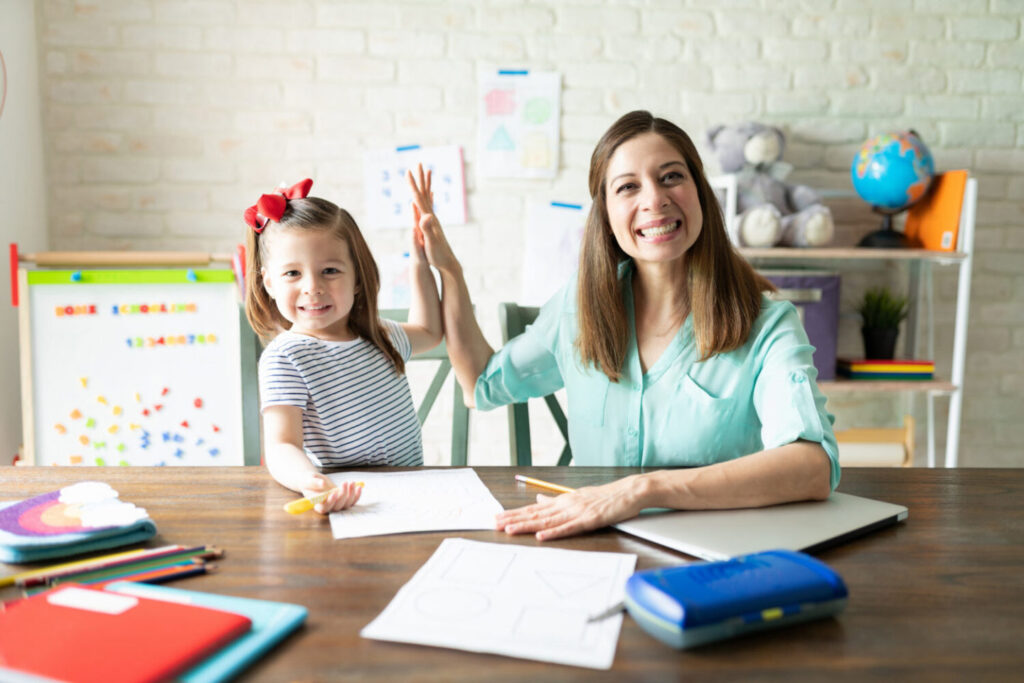Harvard study finds homeschoolers become healthy, happy, virtuous adults
A recent study by Harvard researchers has cast doubt on common misconceptions about homeschool students, particularly concerning their lives after graduation. The study was released amidst a time of…

A recent study by Harvard researchers has cast doubt on common misconceptions about homeschool students, particularly concerning their lives after graduation. The study was released amidst a time of exponential growth in homeschooling across the nation.
Researchers Brendan Case and Ling Chen explained their results in a Wall Street Journal opinion editorial, titled “What Home-Schoolers Are Doing Right.”
Their conclusions are especially ironic after the remarks of Elizabeth Bartholet, a Harvard Law School professor who called for greater restrictions on homeschooling in May 2020.
“Ms. Bartholet criticized home schooling for both diminishing children’s educational attainment and undermining their physical and mental health,” the researchers wrote, noting that their own research suggested otherwise.
“The picture of the home-schooled student that emerges from the data doesn’t resemble the socially awkward and ignorant stereotype to which Ms. Bartholet and others appeal. Rather, home-schooled children generally develop into well-adjusted, responsible and socially engaged young adults.”
‘Healthy, happy and virtuous’
The study examined data from more than 12,000 children surveyed from 1999 to 2010.
“Parents want their kids to be well-educated and professionally successful, but they also want them to be healthy, happy and virtuous,” researchers wrote.
“By this broader measure of success, home schooling has advantages. Among the students we examined, home-schoolers were 33% more likely to volunteer, 31% more forgiving and 51% more likely to attend religious services in young adulthood than those who attended public school.”
Researchers also pointed out the correlation between attending religious services regularly and having substantially lower risks of alcohol and drug abuse, depression, and suicide. In this way, they concluded, homeschooling could have public health implications.
This most recent study confirms previous findings by the National Home Education Research Institute. After examining 45 peer-reviewed studies, the institute concluded that homeschool graduates typically perform above average on measures of psychological, emotional, and social development.
“Homeschool students are regularly engaged in social and educational activities outside their homes and with people other than their nuclear-family members,” the institute explains on its website. “They are commonly involved in activities such as field trips, scouting, 4-H, political drives, church ministry, sports teams, and community volunteer work.”
Looking to the future
The study’s researchers also suggested that the difference between homeschoolers and their public-school counterparts may have widened since 2010, the year that their study’s follow-up ended.
“Recent studies by Jean Twenge, Jonathan Haidt and others have documented huge spikes over the past decade in adolescent anxiety, depression and ‘school loneliness’ (a self-reported composite measure of social isolation at school), all tightly correlated with increasing smartphone use,” researchers wrote.
“Given that home-schooling parents consistently rate concerns with school environments – including ‘safety, drugs, or negative peer pressure’ – as the most important factor in their decision to teach their kids at home, we might expect that these students will have suffered less from the prevailing dysfunctions of their generation than their public-school peers.”



